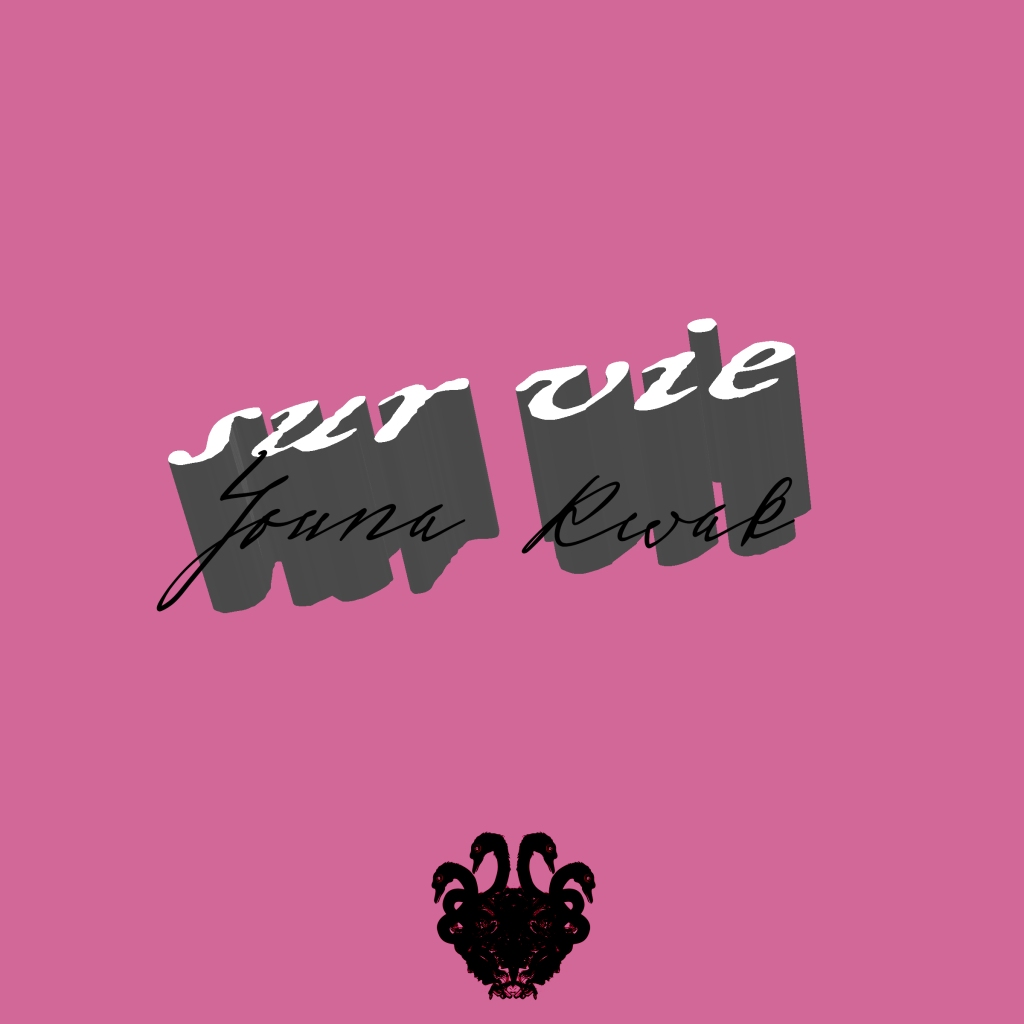You took graduate degrees in both creative writing and French. Do these passions intersect?
One passion, myriad forms: theory, poetry, essays, novels, everything that interests me filters through writing, and anything that has made an imprint gets scooped up, is worked through, and in, writing. Academic writing is different from poetry writing as a matter of genre, which comes down to what kind of stance or position you take with those you write alongside. In academic writing you’re expected to advance an argument, to assume an antagonistic relationship with texts. But I don’t argue much. I prefer to write with rather than write against.
Who are some poets you admire?
My reading mind is diurnal, engrossed, singularly occupied with the very last poem I’ve read and remembered. Ask me on a different day, you might get a different answer. Still, some readings endure. I read Brandon Shimoda’s The Grave on the Wall from first page to last without pause and have been turning it over in my mind ceaselessly ever since.
What is your favorite film?
Lee Chang-dong’s Poetry and Bong Joon-ho’s Mother are two of the more perfect films I’ve seen. I will always love the original Blade Runner, but you know I studied semiotics in college in the ’90s so can’t help it.
Do you fancy the term ‘woman writer’?
I like the potential bafflement of the word ‘fancy’ in this context, that’s for sure, and it moves me to use fancy as an intransitive verb. I fancy.
As you see it, which term better describes your poetry—soignée or éclatante?
soigneusement éclatante . . .
How does it feel to have the publication of your debut volume of poems immanent?
Exhilarating. Everything I write is addressed to a you. It’s quite unmooring to think that the address might be heard in actuality.
You’re a tough cat to find online, Youna. Is this by design?
My preferred media are longform, analog and one-on-one!
We had a special conversation about sur vie’s closing poem, “Landscape of Zero”—namely, that you see out world as ‘a negotiation with the dead,’ & that we ‘live in their nests.’ Can you talk more about this way of thinking—how it impacts small day-to-day moments?
The book is called sur vie after the French word for “survival,” which is survie.
I use the term because in French the word sur is used as a simple preposition to mean ‘on,’ ‘on top of,’ ‘over,’ or (figuratively) ‘about.’
Our lack of a corresponding word in English keeps us at a distance from this sense of the above and beyond, the over and on top of, the super of our survival, our aliveness, our living, our vie.
To survive is to continue to live, to last, to exist, after others have died. Surviving is predicated on death.
The living and the dead are in opposition; the surviving and the dead keep closer company, and so to feel the emanation of the ‘sur’ in survival is to maintain our rightful proximity to the dead.
It may seem that ‘living’ and ‘surviving’ are different; the question of the book is about how they might be the same. Our aliveness is a blessing but also proof that we survive and someone else does not.
The dead, yes, we live in their nests.

